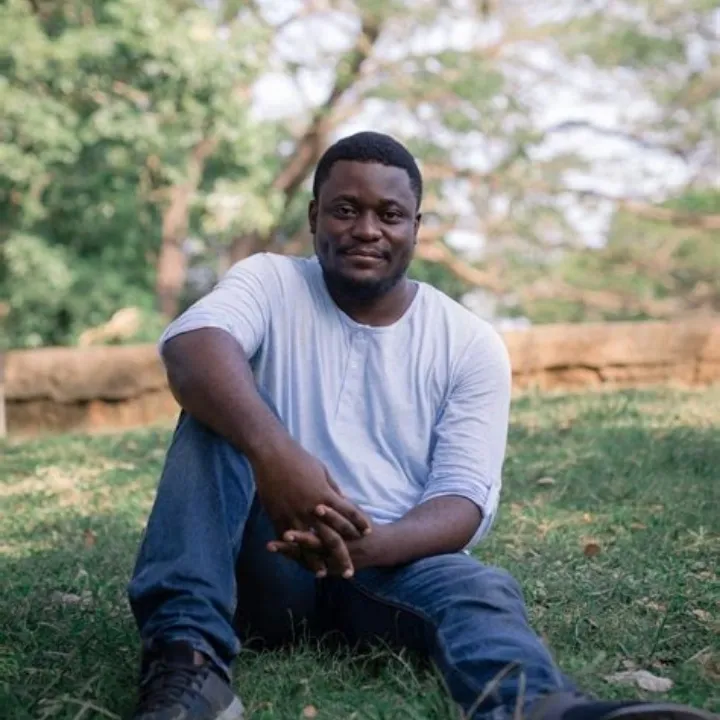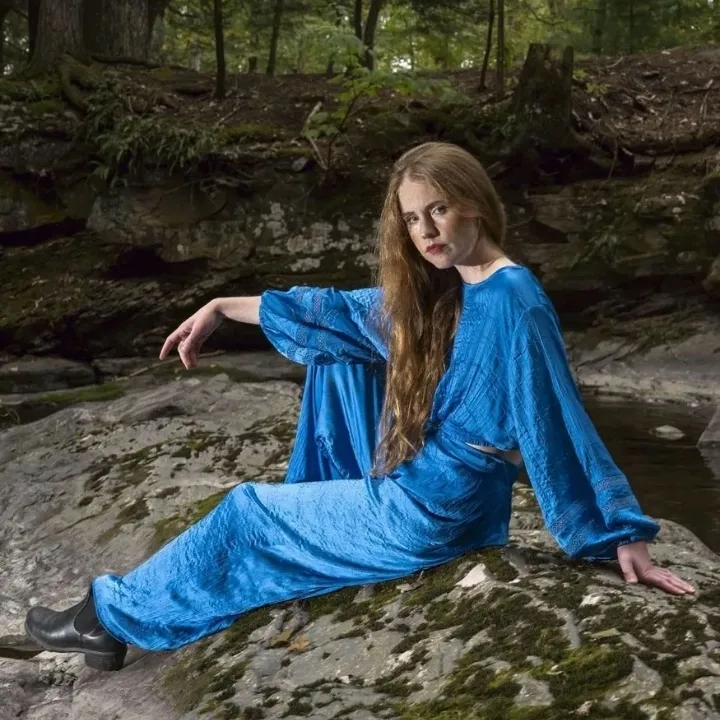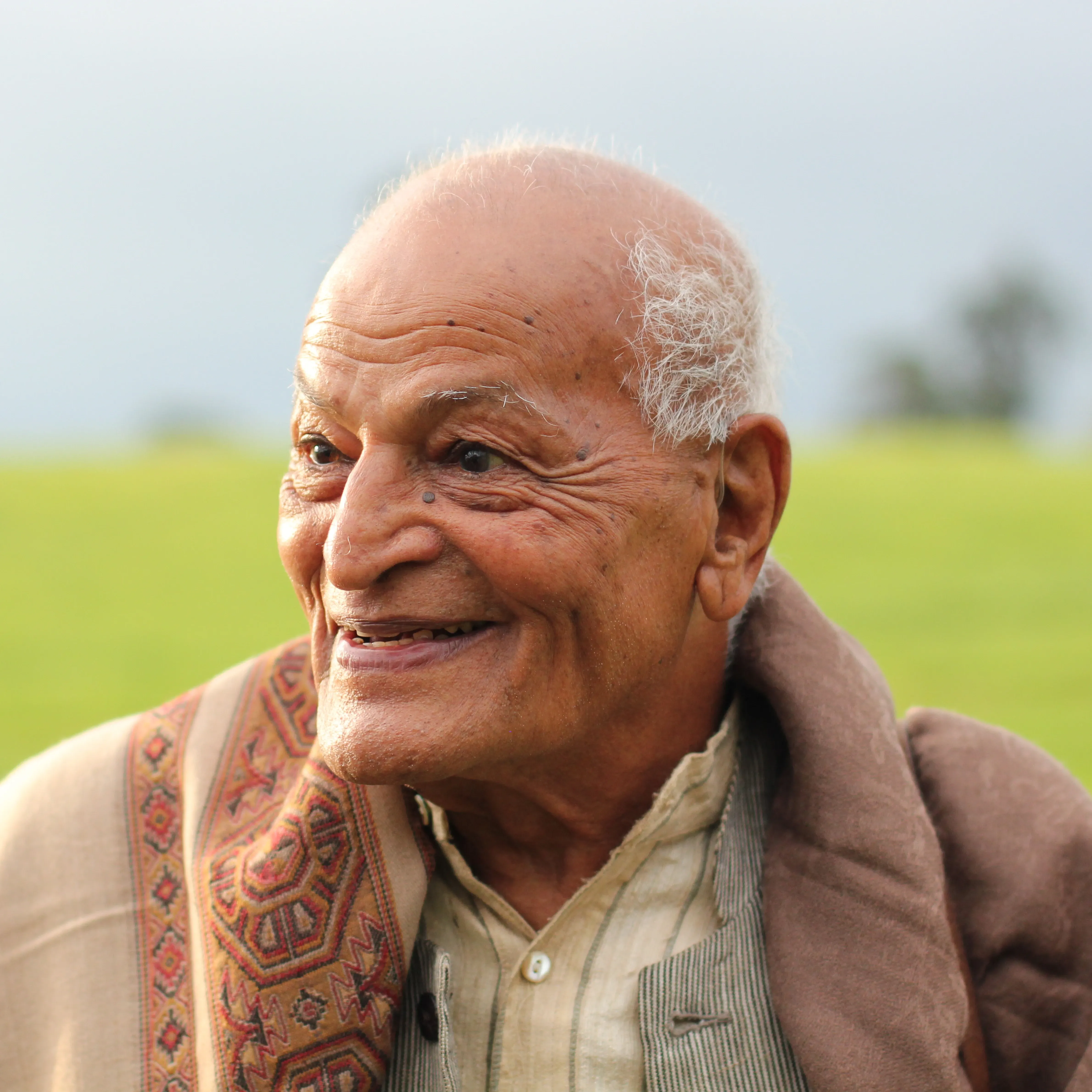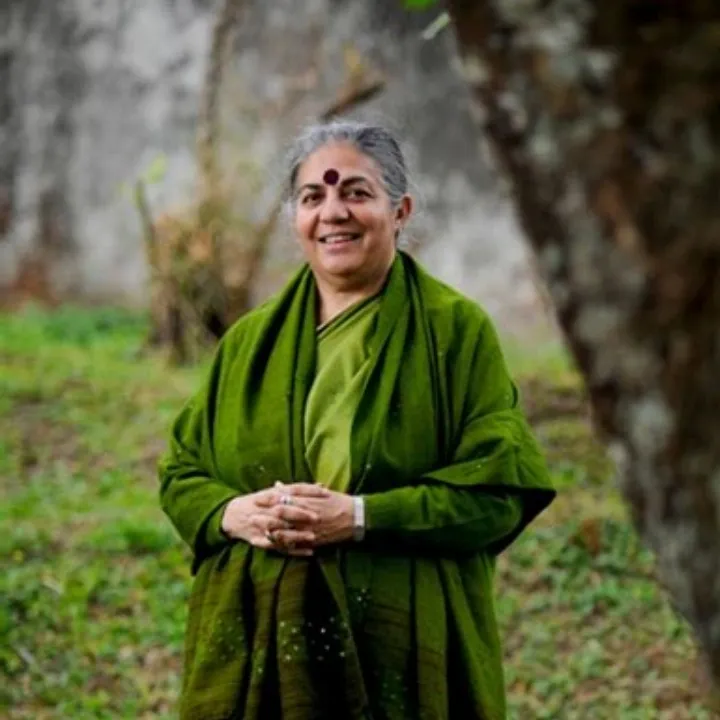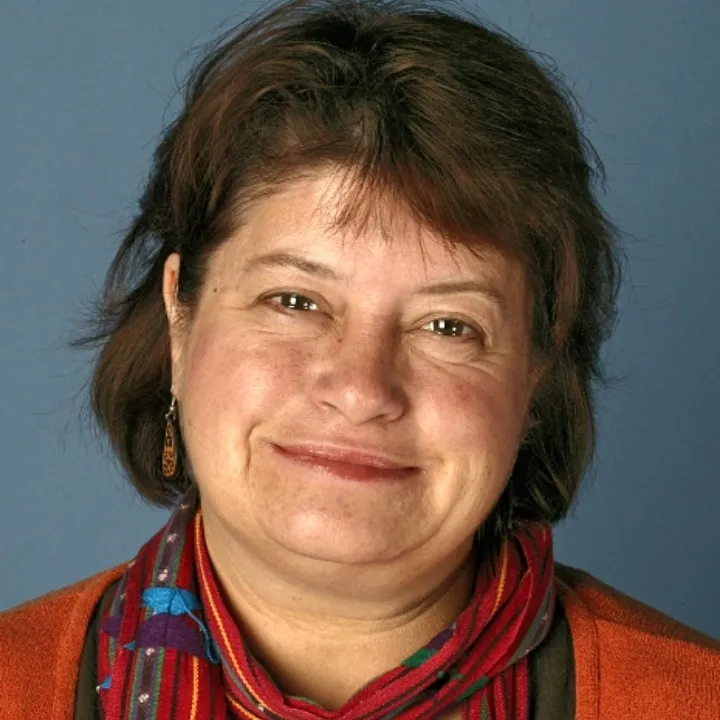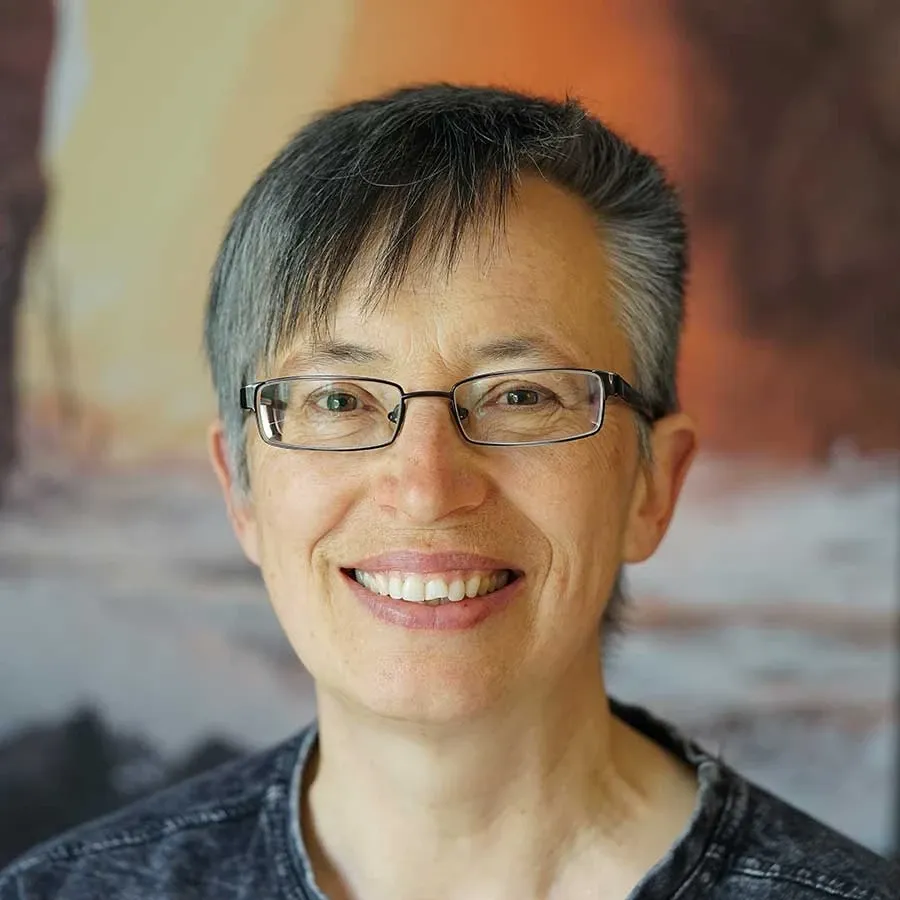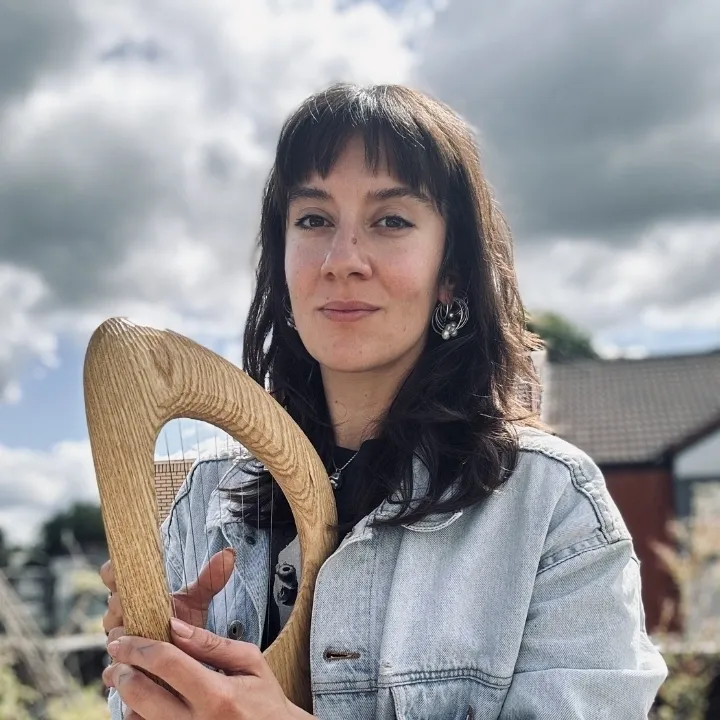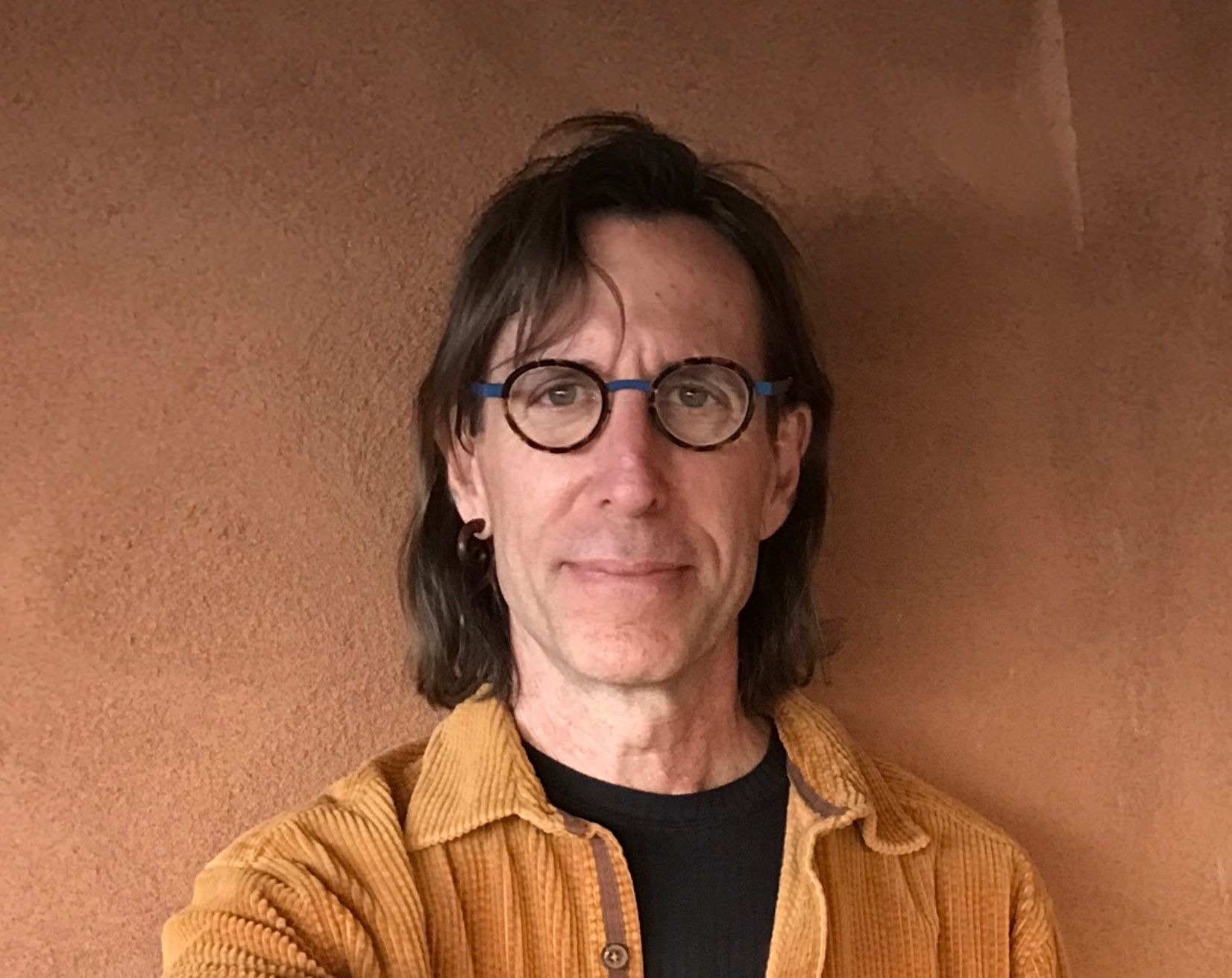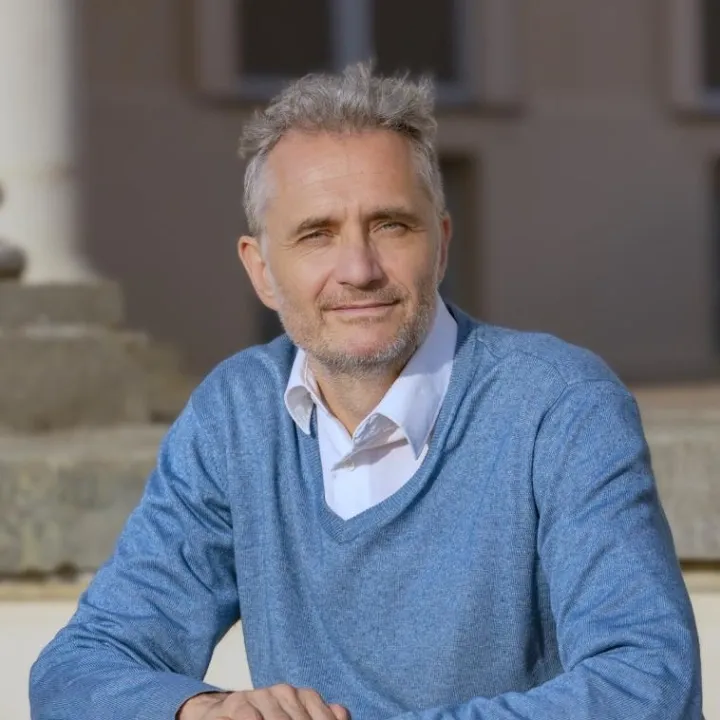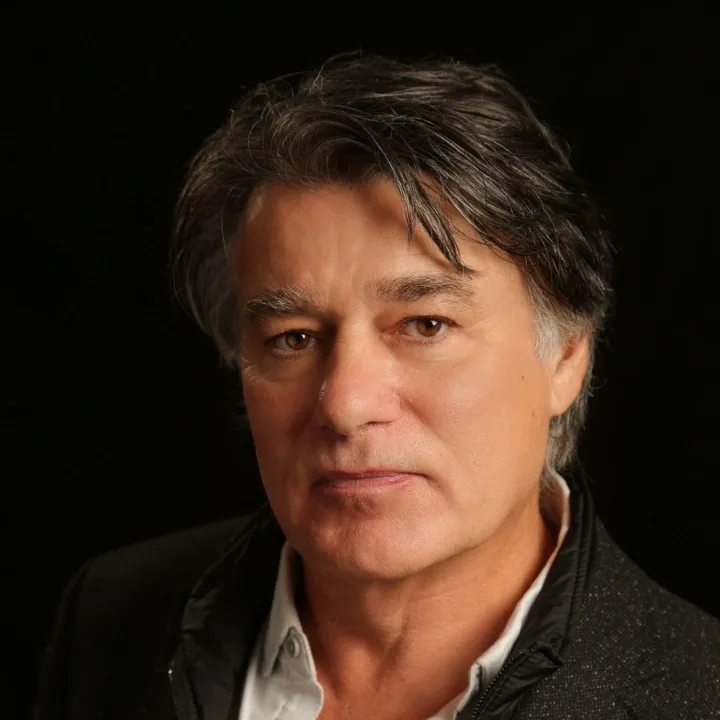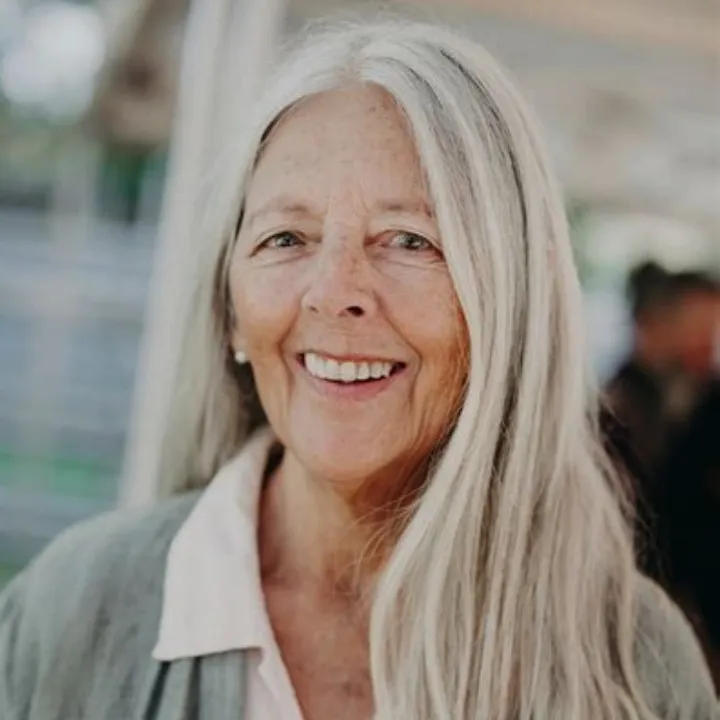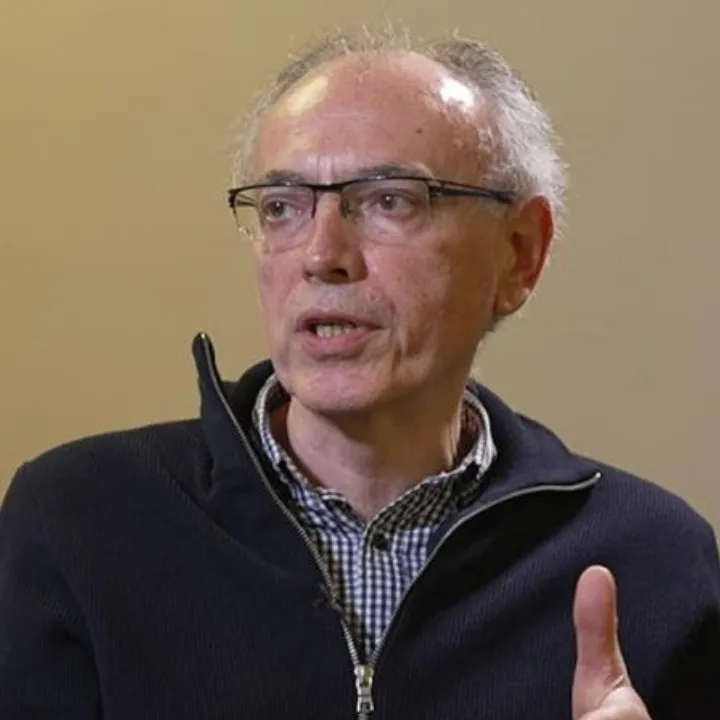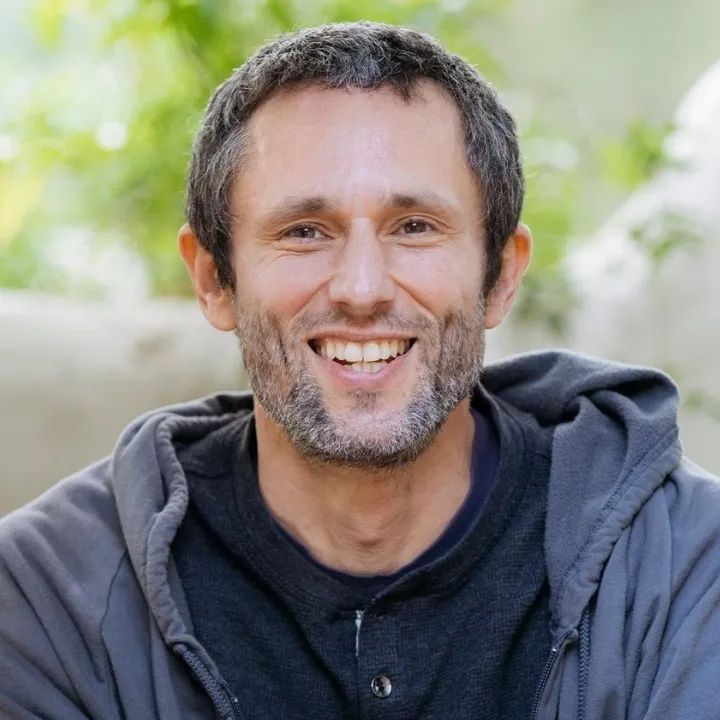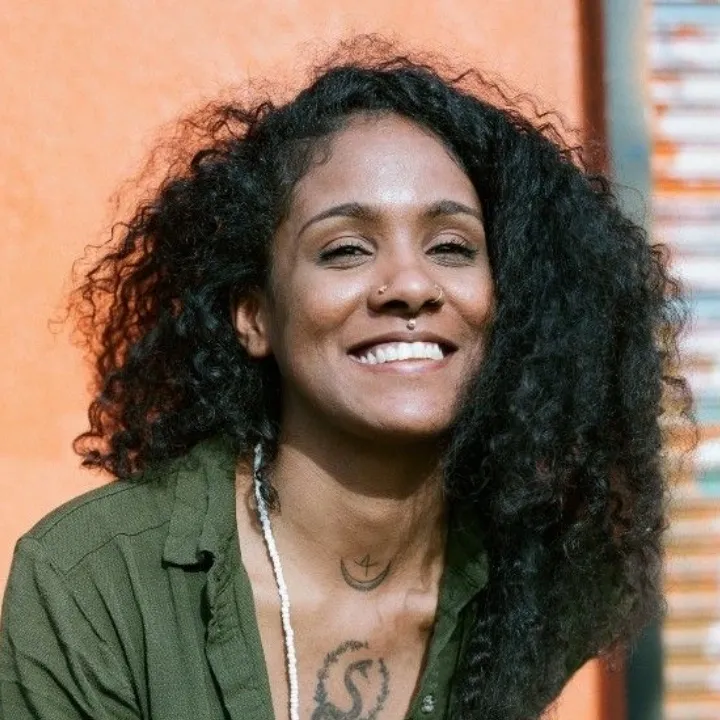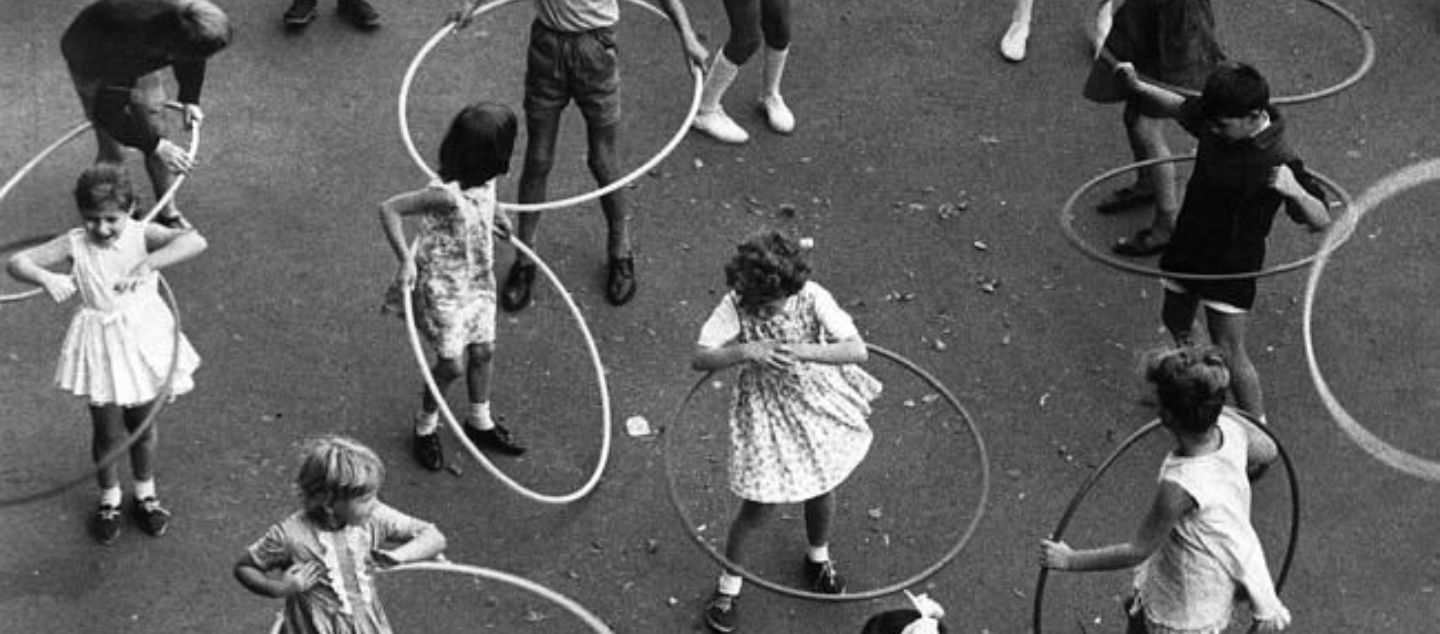FacultyMeet advaya’s teachers
Advaya’s global faculty blends science, practice, and story bringing localised, multidimensional wisdom to a shared learning space.
Dr Andreas Weber
Dr. Andreas Weber is a biologist, philosopher, nature writer, and mystic. He focuses on a re-evaluation of our understanding of the living.
Dr. Andreas Weber is a biologist, philosopher, nature writer, and mystic. He focuses on a re-evaluation of our understanding of the living. He proposes to view – and treat – all organisms as subjects and hence the biosphere as a meaning-creating and poetic reality. Andreas is Visiting Professor at the UNISG, Pollenzo, Italy and a honorary teacher at the University of the Arts, Berlin. He has published more than fifteen books, in English language most recently Enlivenment. A Poetics for the Anthropocene, MIT Press, 2019 and Sharing Life. The Ecopolitics of Reciprocity, Boell Foundation, 2020.
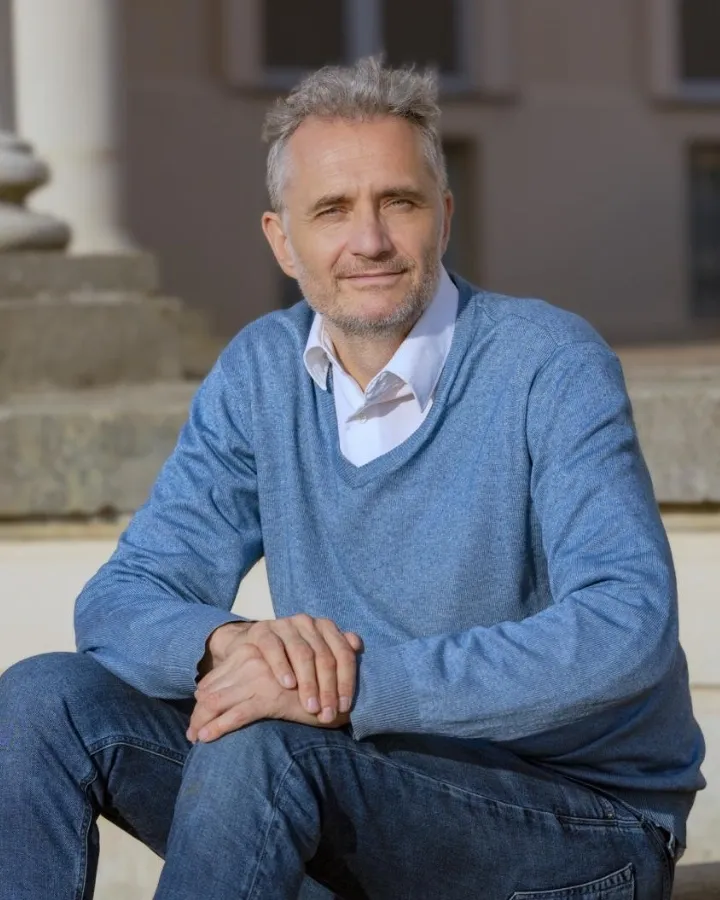
course
Ecology of Love
Dive into the radical power of love and compassion in ecological systems, revealing how interconnectedness and relational ecology shape the world around us.
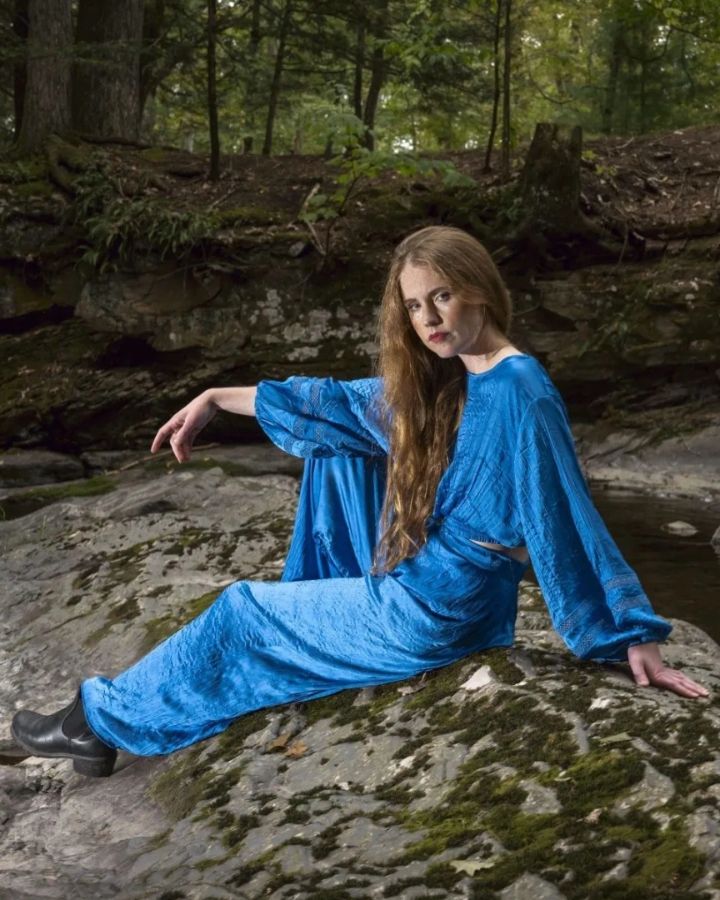
course
Rewilding Mythology
Reawaken ancient myths and their transformative power to reconnect humanity with nature, culture, and collective wisdom for modern times.
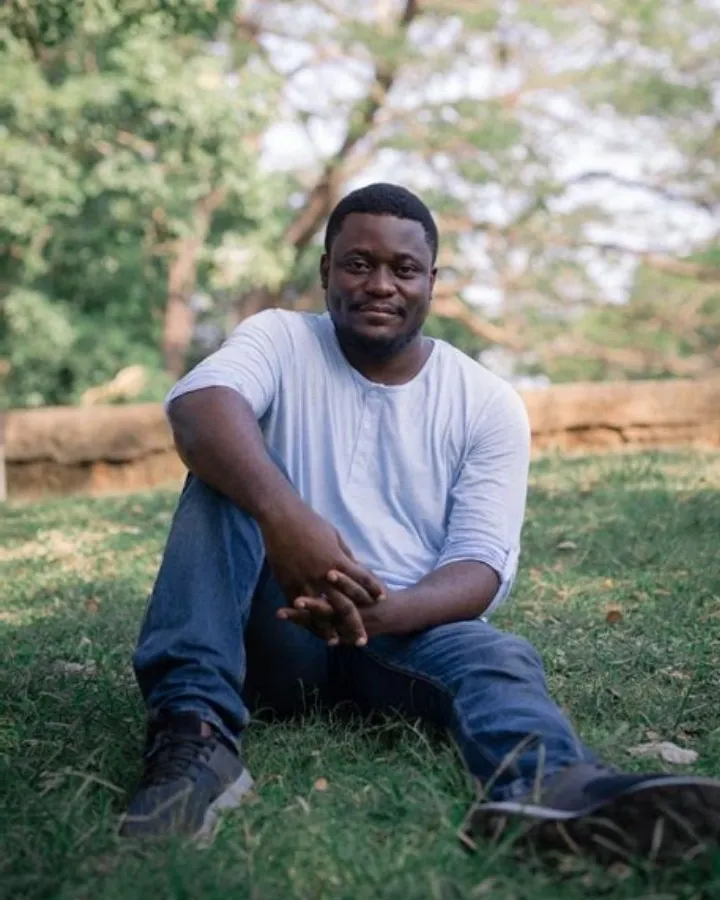
course
Kinship: Being Together
Explore the vital role of community, fostering deep kinship and shared experiences that create a foundation for collective well-being and connection.
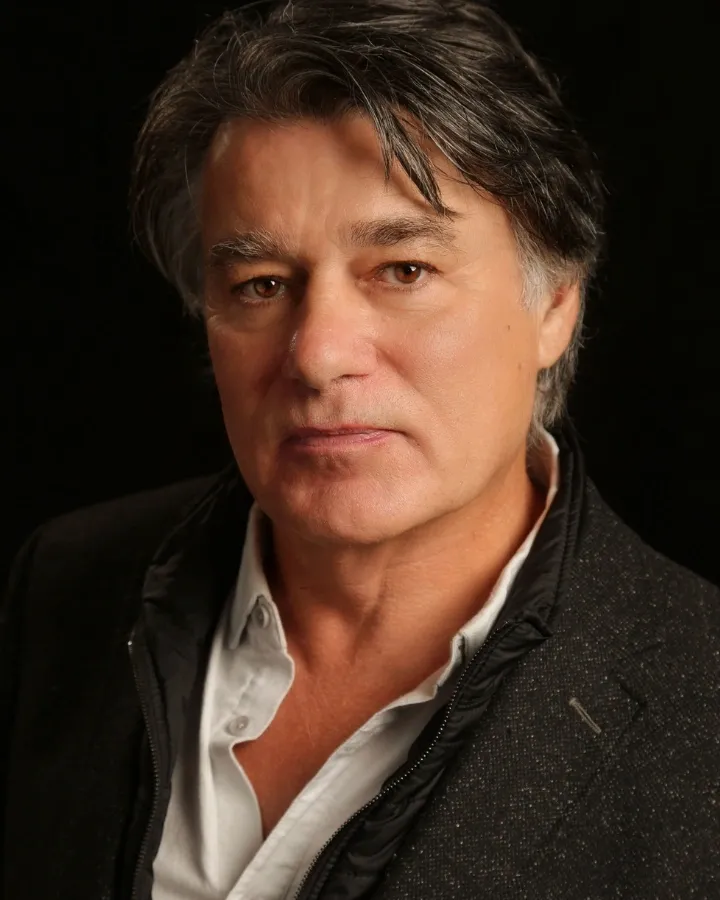
course
Kinship: Islands
Examine isolated communities as unique models of kinship, exploring how islands teach us about connection, interdependence, and collective care.
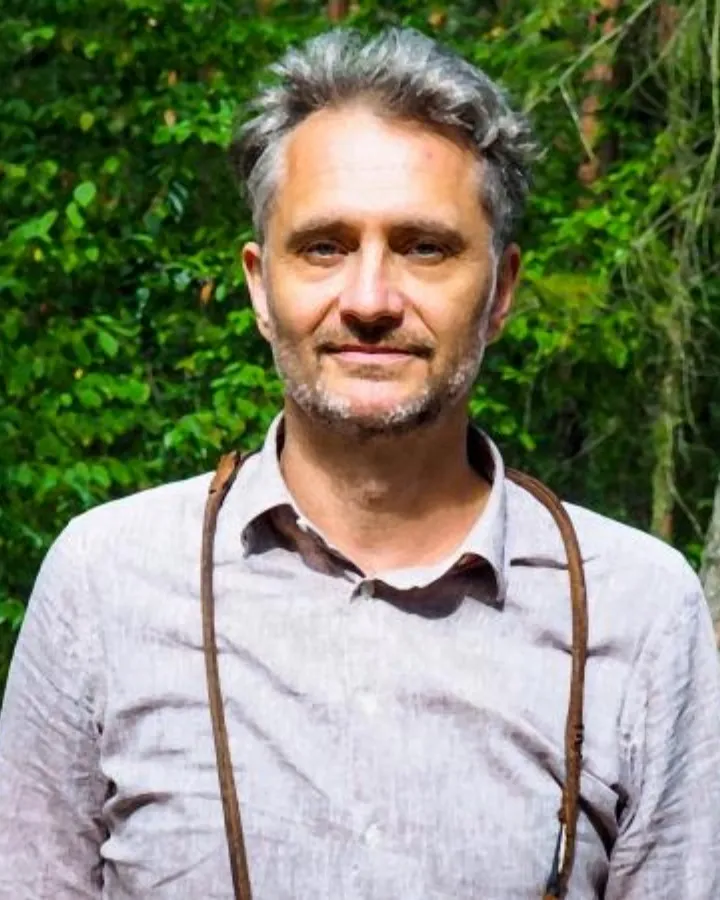
course
Heart Wisdom
This course reveals the heart as a source of wisdom, love, and intelligence—bridging science, spirituality, and philosophy to awaken your deepest way of knowing and being.
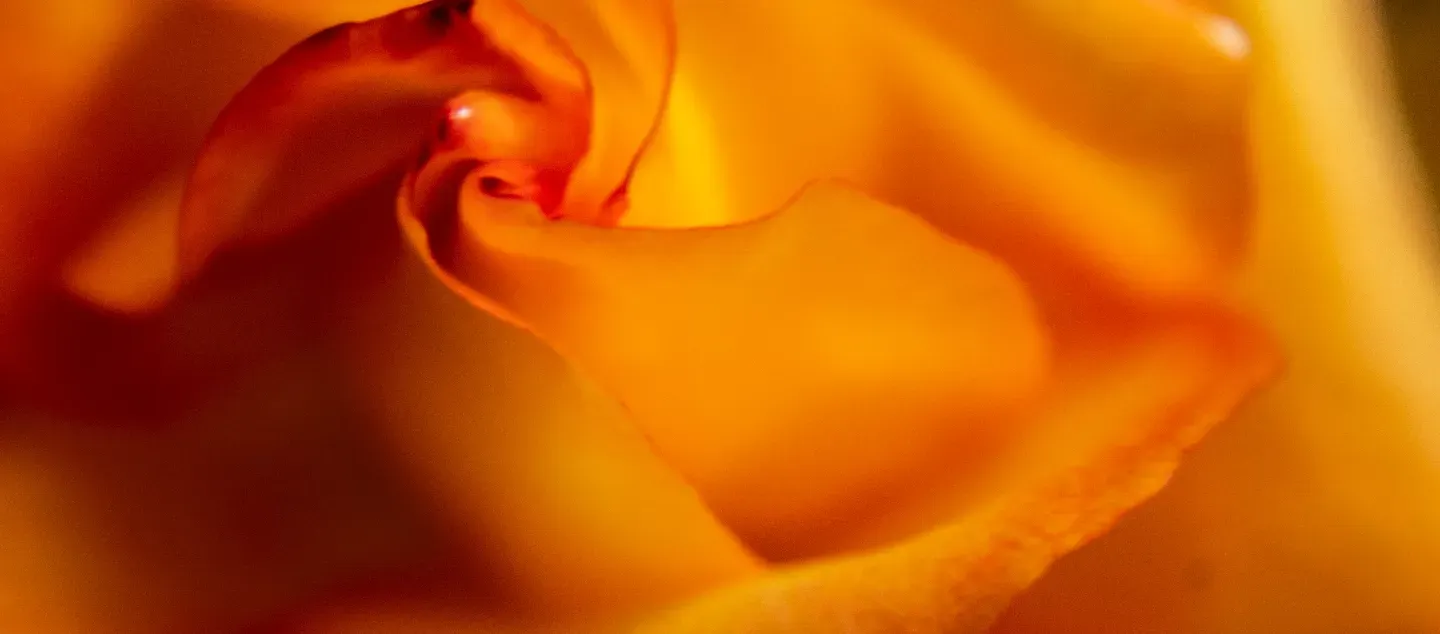
article
What is an ecological eros?
What does it mean to queer, to eroticise, to make ecologically intregrous, love?
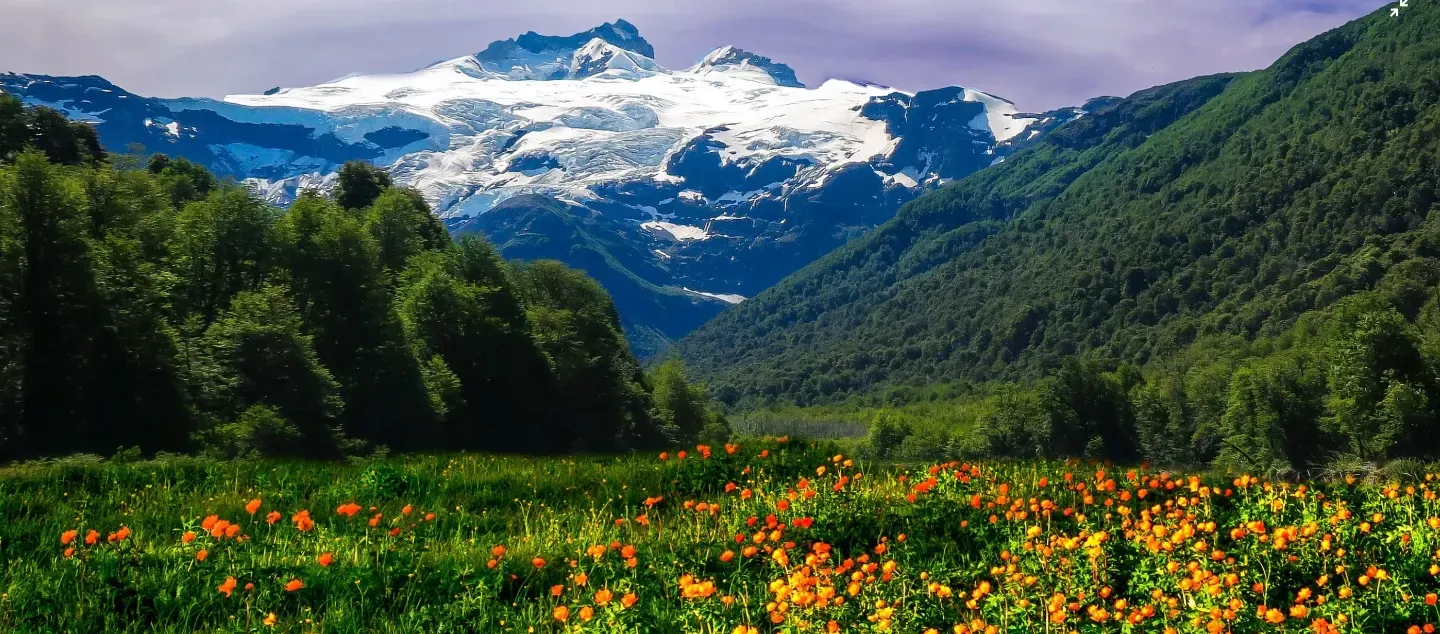
article
An Autopoietic Gaia: biopoetics, creativity, and meaning-making on Earth
Uniting biology and philosophy to explore symbiosis as life’s guiding principle.
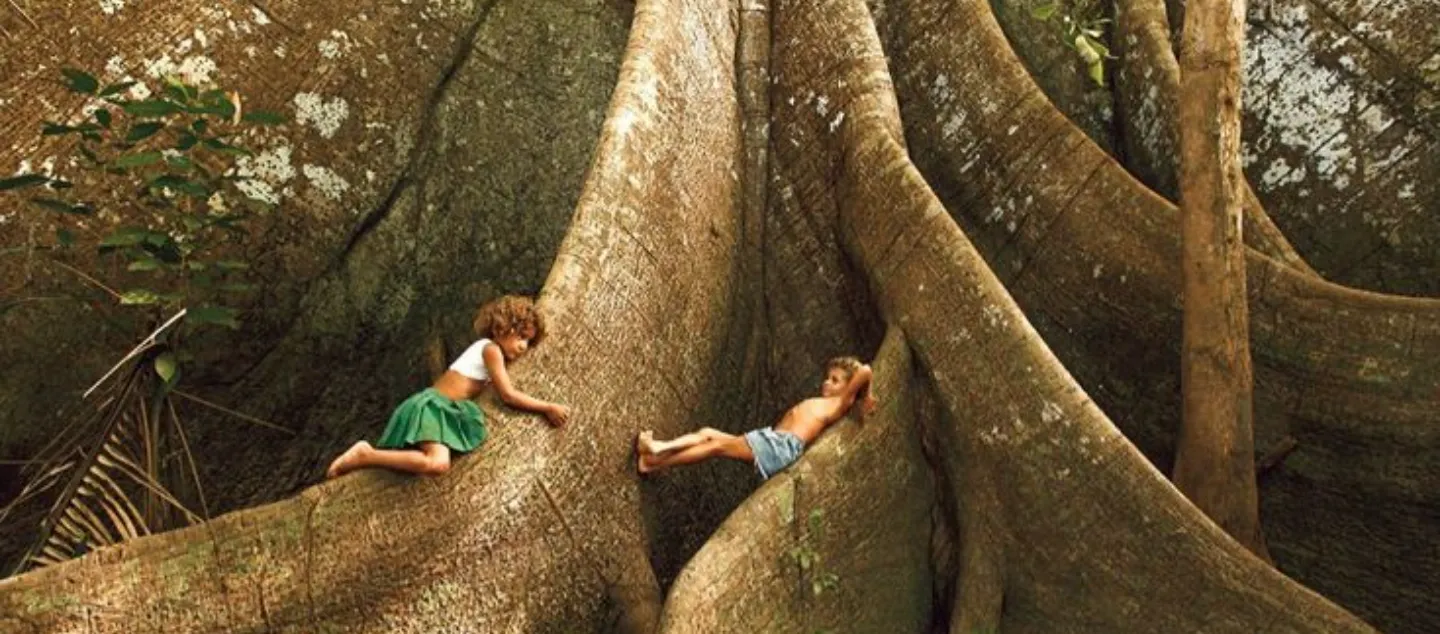
article
The Transformative Power of Play (Webinar with Dr. Andreas Weber)
A state that liberates us from the fear of uncertain futures.
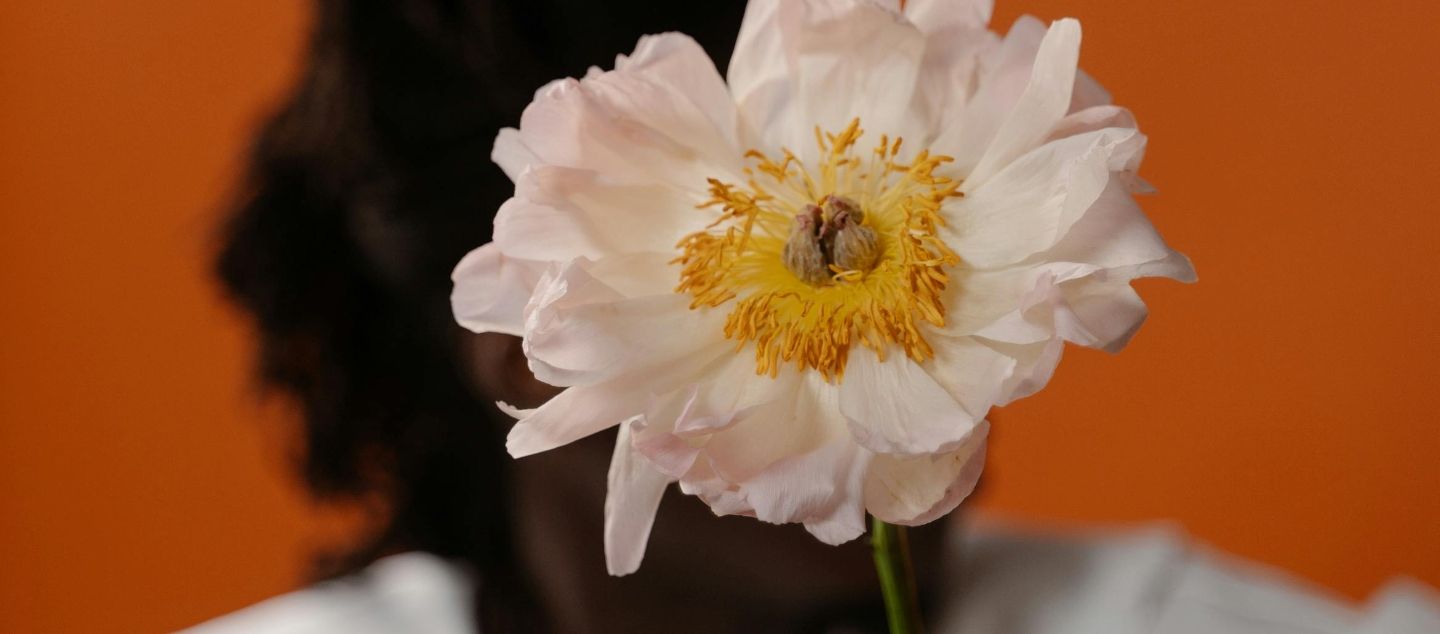
article
A New Love Narrative
The heart is more than physical; it is perception, connection and deep intelligence.
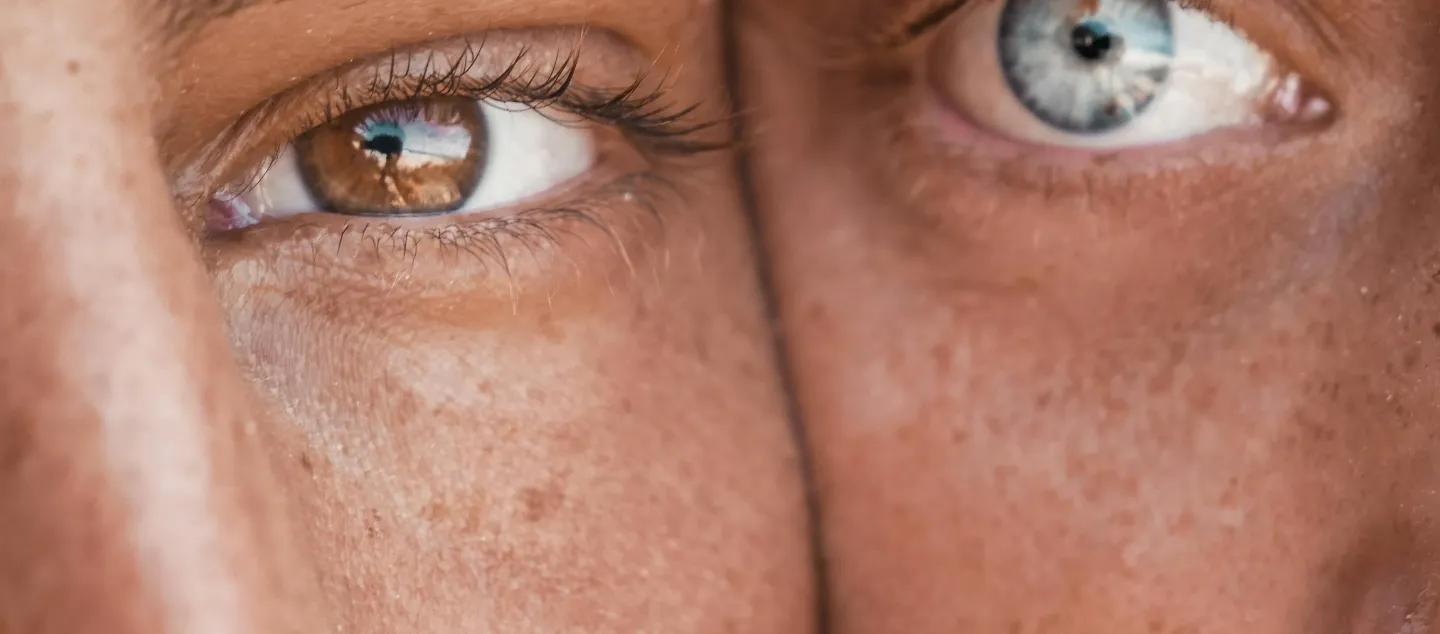
article
A Guide to Love: Erich Fromm
Practice care, responsibility, and resistance to a disconnected world.
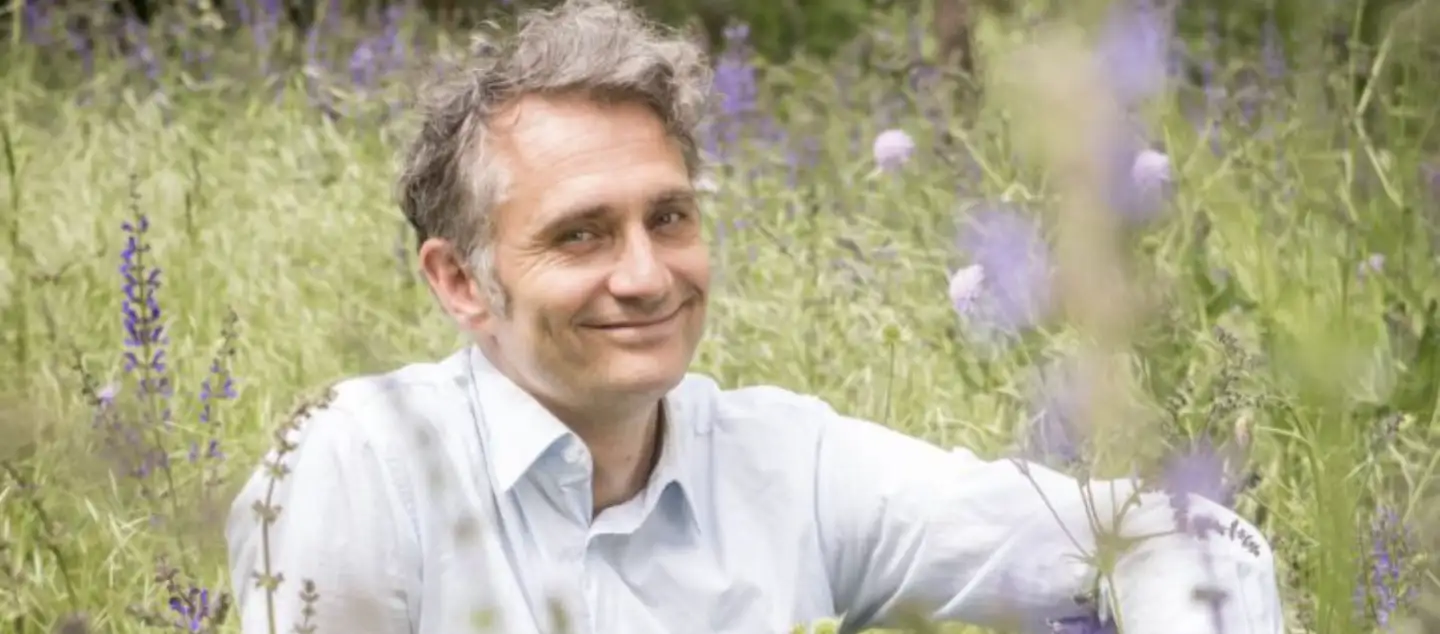
film
Love as the desire to give life
In this conversation hosted by Hannah Close from advaya, Andreas Weber elaborates on his theories and thoughts around erotic ecology, an ecology of love, what we've gotten wrong about "love", stringing together his fresh analyses on love, life, death, identity, and everything in between, on an autumnal day. For more on these topics, read Andreas' book, Matter and Desire, and join us for his upcoming course, co-curated by Hannah Close, Ecology of Love.
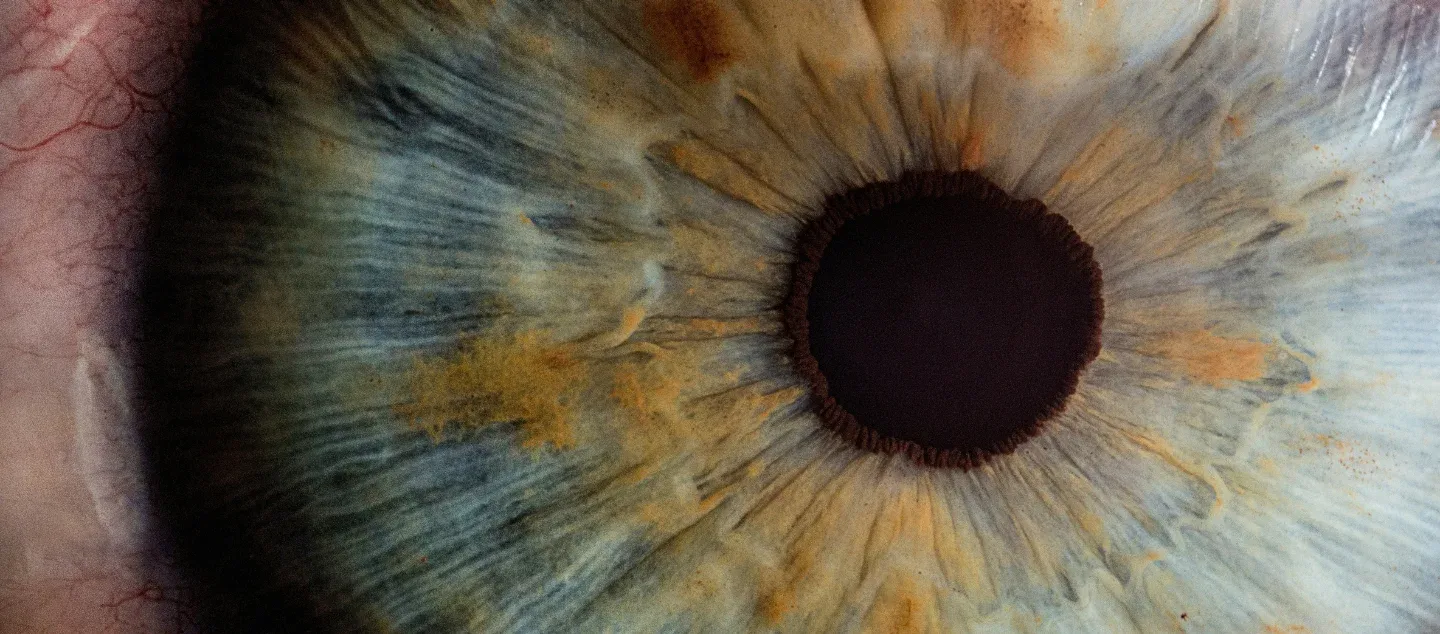
film
An Autopoietic Gaia: biopoetics, creativity, and meaning-making on Earth
Ahead of advaya’s upcoming online course, Biocivilisations, we speak with two scientists and authors who are weaving together the worlds of biology and philosophy to reinvigorate the science of life, and invite us all to reconsider what we think we know about nature, Earth, and the living world around us. We look towards symbiosis as the rule of life, the inherent creativity in all living beings, and the implications of these on how we see the world. What happens if we understood Gaia as autopoietic, enlivened, making meaning?
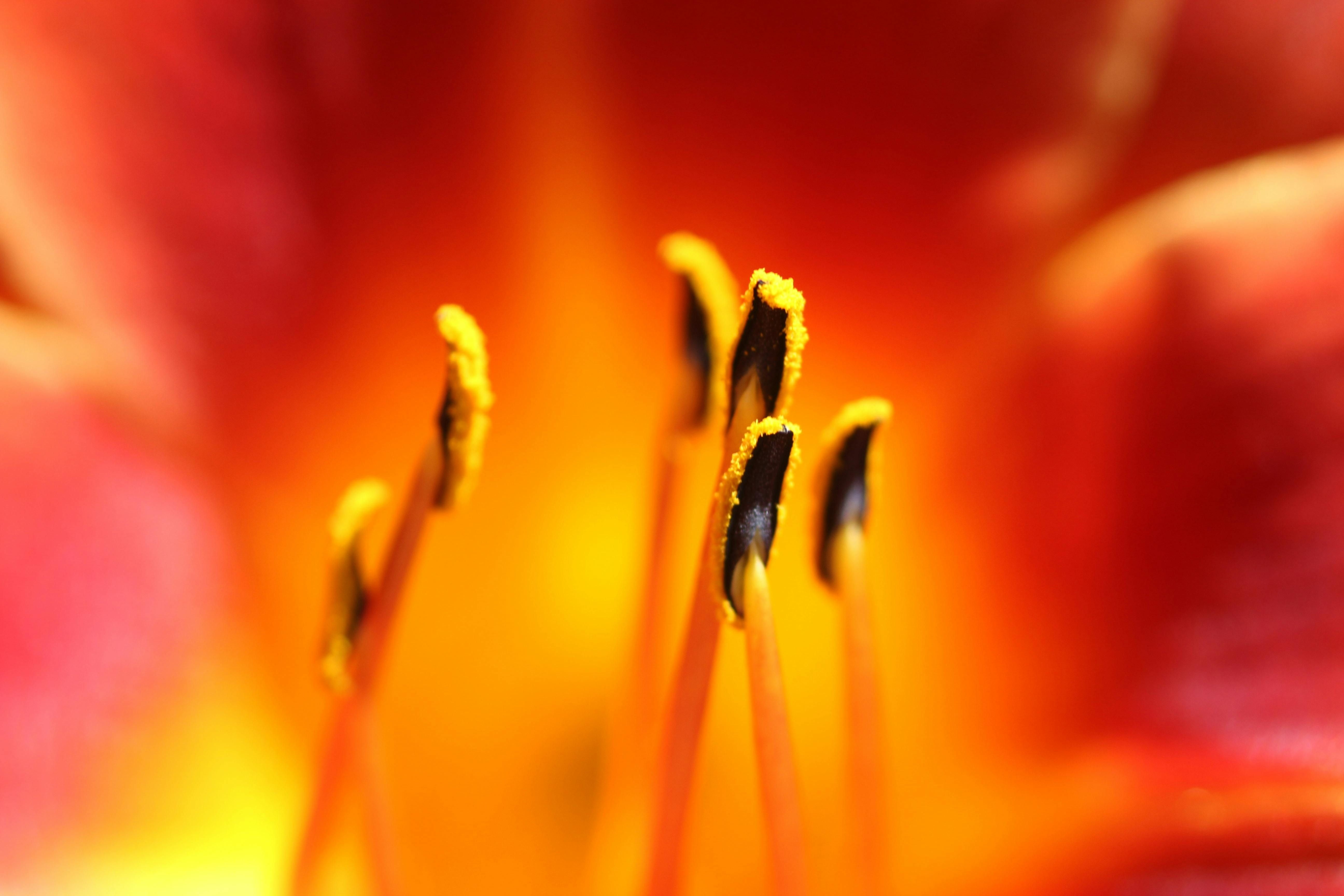
film
Living beings are constantly queering identities
In Module 6 of Rewilding Mythology, Andreas Weber challenges binary thinking from his background as a scientist and philosopher. Inspired by the rich metaphorical backgrounding of lichen for this session, Andreas shows us how actually, binary thinking in science and nature is but one story. The other, more true story perhaps, emphasises the interconnectedness of our selves in an ecosystem. Ecology is erotic and everchanging: the transformations within it make it essentially, queer.
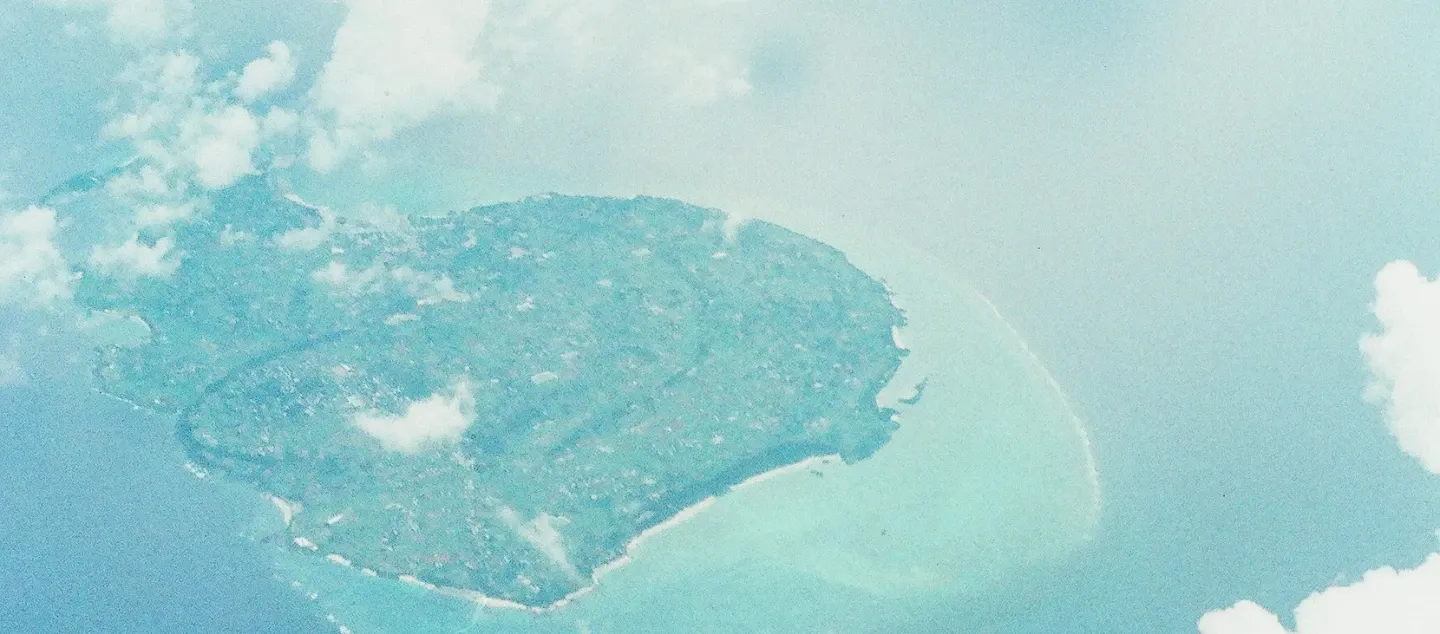
film
We are islands who remake themselves
In a surprising turn of events, our opening session for the course, KINSHIP: World as Archipelago, this week was graced by the fantastic Andreas Weber, who you may recognise from advaya's other course, Ecology of Love. Here are some bits of Andreas drawing links between erotic ecology, biology, and islandness, archipelagic thinking.
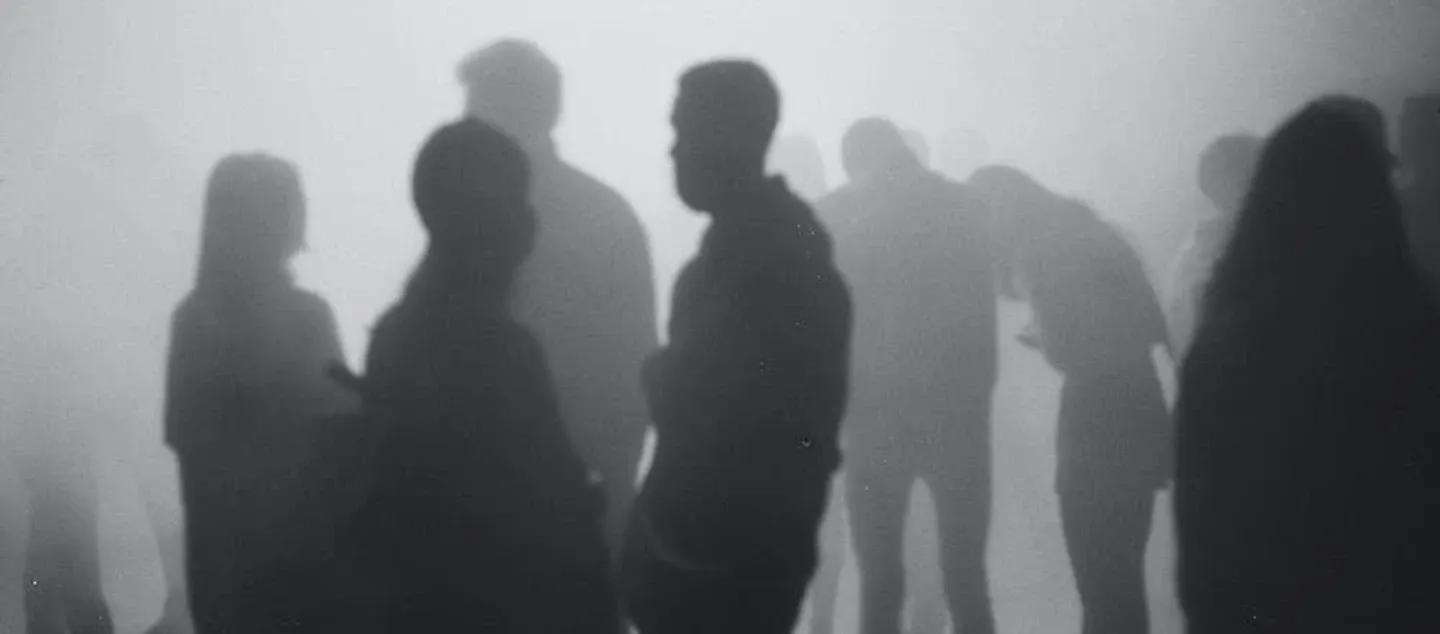
film
The individual
Kinship Highlights Week 4: The Individual This week we explore the role of the individual in relation to kinship. This week is unique in that there is a sense of "going against the grain". Many narratives around community and kinship have suggested that the notion of the individual is to blame for the collapse of healthy relationships. It is true that the narcissistic individualism peddled by capitalism has wreaked havoc. However it is the "ism" that has caused harm, not the individual. In fact, attempts to erase the sacredness of the individual create immense harm. When people feel that they are not seen and that their needs don't matter, harm tends to follow. We explore how cultivating a healthy sense of our individuality allows us to become responsible in relationship. Can we have kinship with ourselves? Nuance is key here - because we are both individuals and we are not. It's a "both/and" situation.
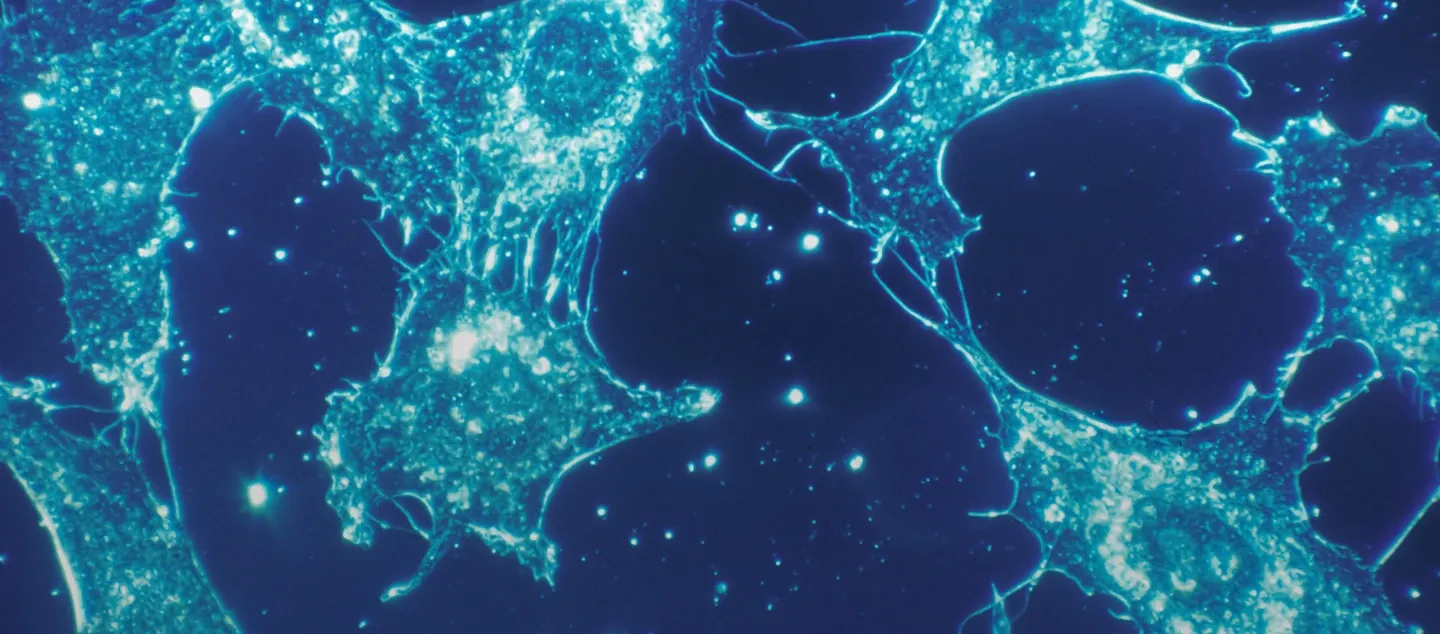
film
Queering biology
Why do we invite relational entanglements with the world around us? What is an Ecological Eros, and what does it mean to queer, to eroticise, to make ecologically intregrous, love? How is death, within an ecological frame, a transition? In this Facebook live session hosted by advaya, we dive into the world of matter and desire, and rewilding mythologies, with writers Sophie Strand and Andreas Weber, curators of our courses Rewilding Mythology and Ecology of Love, respectively.
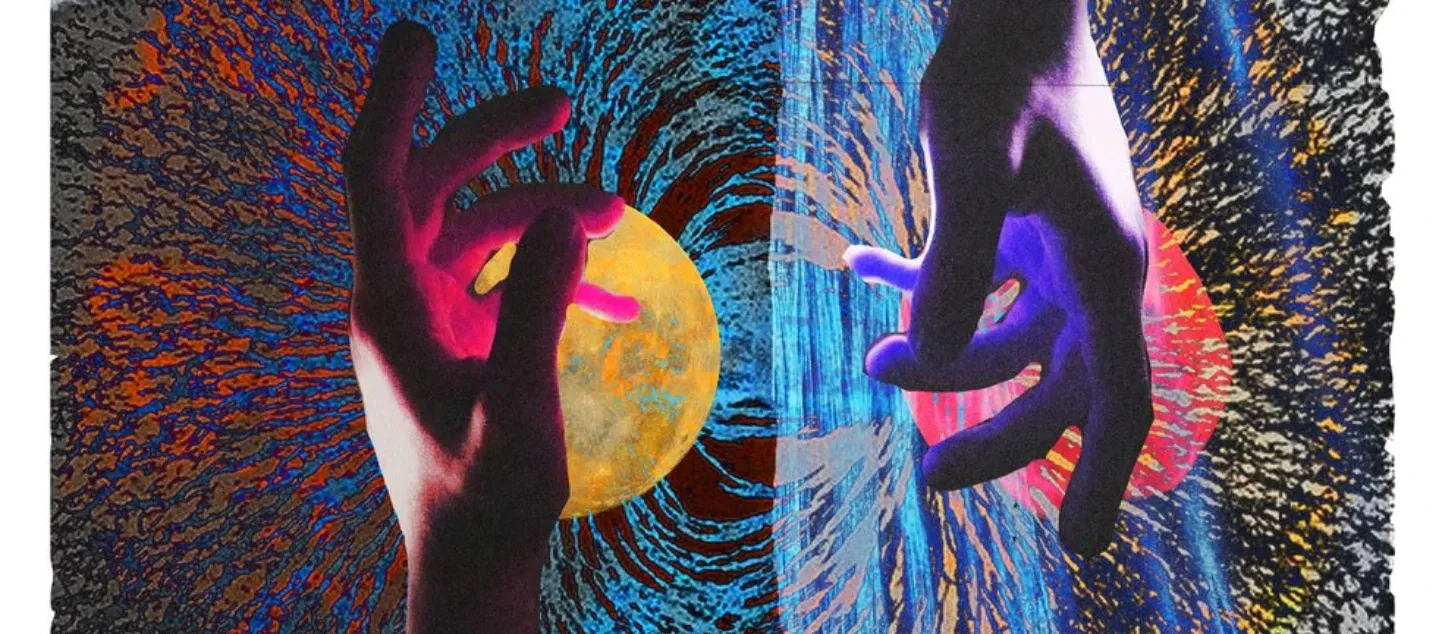
film
A cosmos of mutual attraction
We are born into a profound curiosity for life marked by a desire to explore, experience and relate. The ever-unfolding world that a newborn baby hears, touches, puts into their mouth and looks at is deeply enchanting. As the child grows, this inquisitiveness transforms into an even more vivid curiosity for the world, particularly towards fellow living beings. Adults, too, love ‘nature’ in the vast majority, they feel drawn to its aliveness. We can observe two things through this: first, our primary experience of life is not neutral, but is instead a process of being magnetically pulled towards the world, towards others, towards relating. Life is a desire to meet life. And second, this yearning for encounter is marked by bliss, by the essential joy of being alive. This experience is not exclusive to humans. Although the natural sciences have previously described the physical world as a collection of inert objects, through the lens of attraction, we see a pervading desire even on the most fundamental level of matter. For example, hydrogen particles desire to be as close to oxygen particles as possible, a fruitful relationship that yields water, the element of life. The Earth and the Moon also enjoy a tender relationship, with the tides being our planet's yearning movement towards its celestial companion, creating an abundance of marine life as a consequence. If we no longer experience our cosmos from the perspective of cause-and-effect alone, we'll sense agency wherever we go, and feel held by a loving Earth among the vast swathes of space.
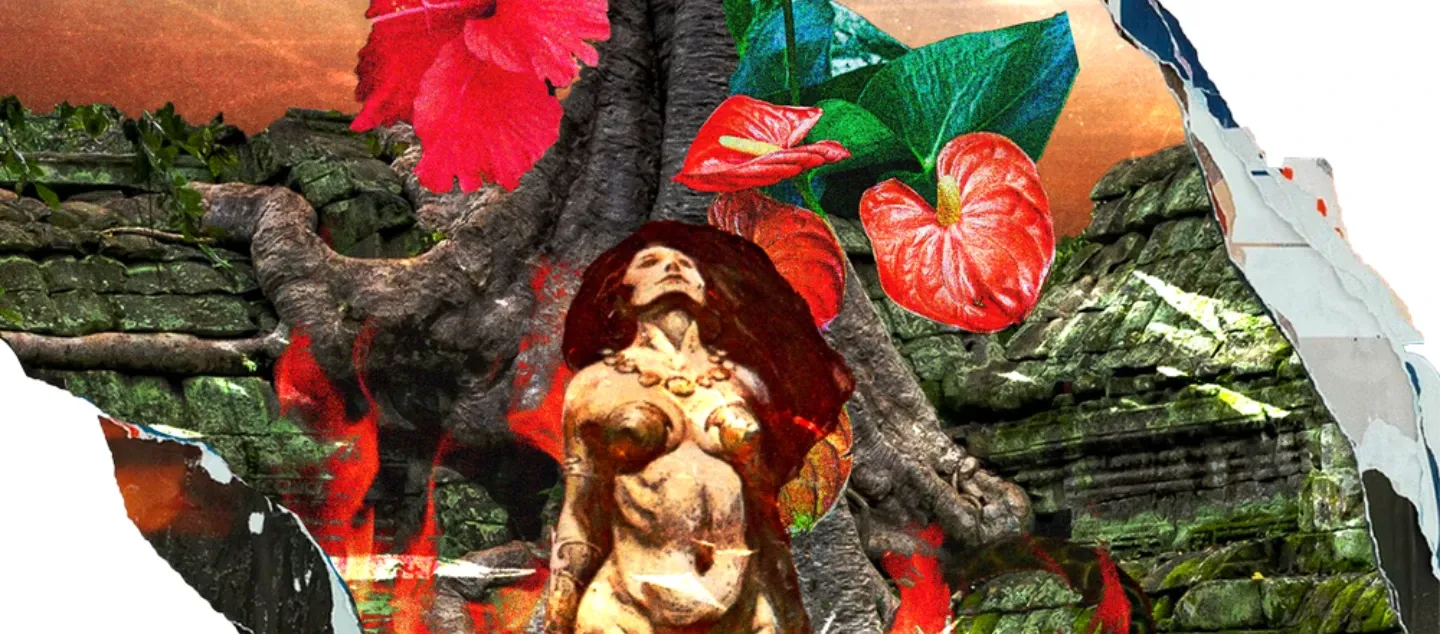
film
Living through eros and touch
We experience attraction to the world through our senses, through our organismic, animal bodies. The sensuous experience of being living flesh among other living flesh determines much of how we relate with the world. Our profound desire to relate is felt in our bodies and realised through the contact between bodies, in gentle touch, wild embrace, violent rupture and bacchanalian feasts. For too long Western culture has tried to understand and dominate the world from a detached, rational view. This is a delusion. Our bodies know better. Our bodies know that to be alive is to be in an erotic relationship with other living bodies and ultimately with the world itself. Western society has regrettably forgotten about this profound Eros of existence, as much of it has been branded as ‘sexual’ by Christian institutions, only to reemerge as hollow hedonistic gratification within an estranged civilisation. The original Eros embraces the sexual, but is much larger: it is the desire to become a self through the other. Eroticism inhabits the space inbetween, the relational field, the separations which paradoxically draw us together. This is the yearning of all life, to dwell in and simultaneously traverse this domain of profound enlivenment. This desire is always a desire of the flesh. Ecosystems, as the realms of living relationships in which life feeds more life, are incarnations of Eros: they are embodied love processes. Eros, then, is the poetic logic of life visible in every ecosystem. We are attracted to ‘nature’ because it charges us with the realisation of our erotic desire for life. In an erotic ecology, to live means to love.
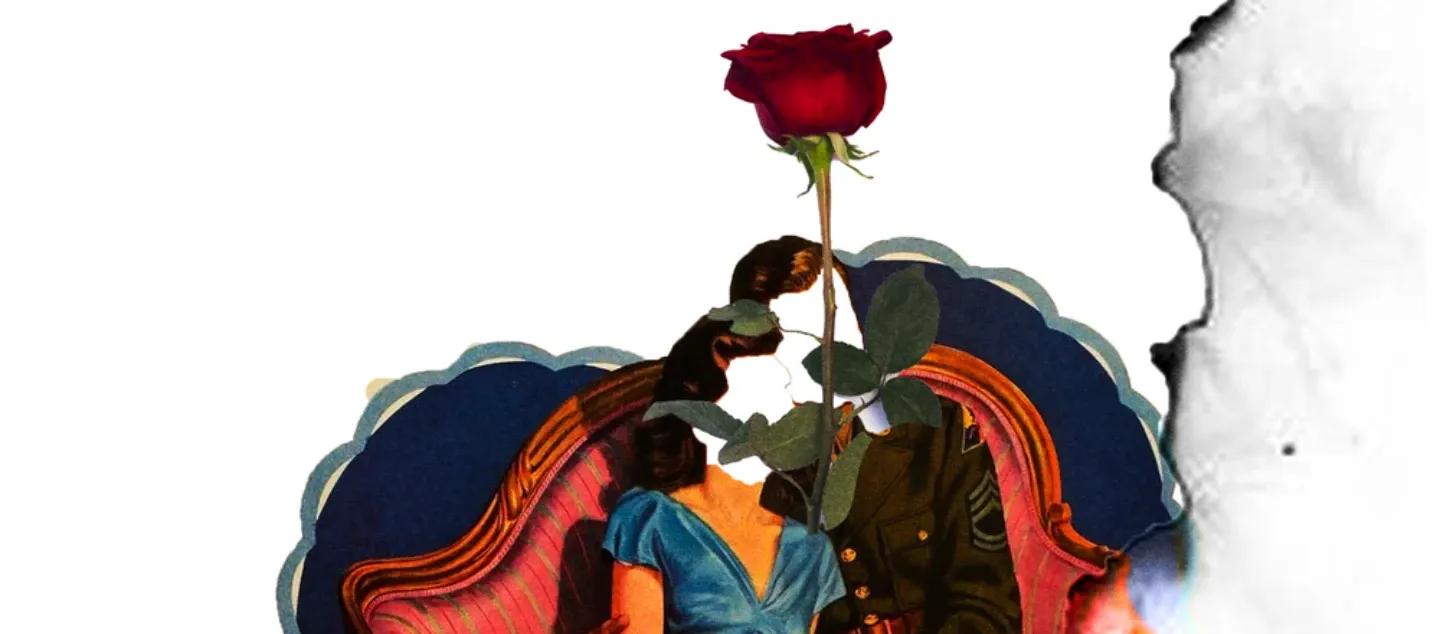
film
Learning to love again
Our embodied experience gives us clear instructions on how the bliss of being can be maintained and expanded through relating: be (and become) yourself by allowing others to be (and become) themselves. This is the way of the poppy, the oriole, the flowering meadow, and also the way ancestral cultures organise their responsibility for the stewardship of life. Unfortunately this is not how the West understands and practices love. Our culture has divorced its understanding of love from the ways of the Earth. Consequently, our most personal experience of love, romance, follows a completely different trajectory, and all too often leaves the participants in it empty, suffering and separated. While the erotic idea of love works in second person mode, through the other and their enrichment, romantic love works in first person mode. This goes back to Plato, who introduced the powerful myth of the love partner as the ‘lost half’ of the self. Modern love theories understand love as something to be acquired and ultimately contained, not as a practice. The lover is an object required to fill what is missing in the self. This denies the erotic idea of the self developed in the previous session: a self is that which is, paradoxically and poetically, able to relate because it is able to create itself through relating. Contemporary Western romance preaches a narrow version of love in which we must own, change, and control the other so that they satiate our egoic thirst for superficial validation. This is anathema to life itself. Without allowing ourselves to be ourselves and others to be others, we cannot relate with true compassion, care, and integrity. Personal love can only be fertile if it is part of a broader ecological love, that which desires to give life as well as receive it.

film
Andreas Weber on Thinking With Your Heart
The heart is a brain in its own right, a complex nervous system with its own memory, perception, and decision-making powers
